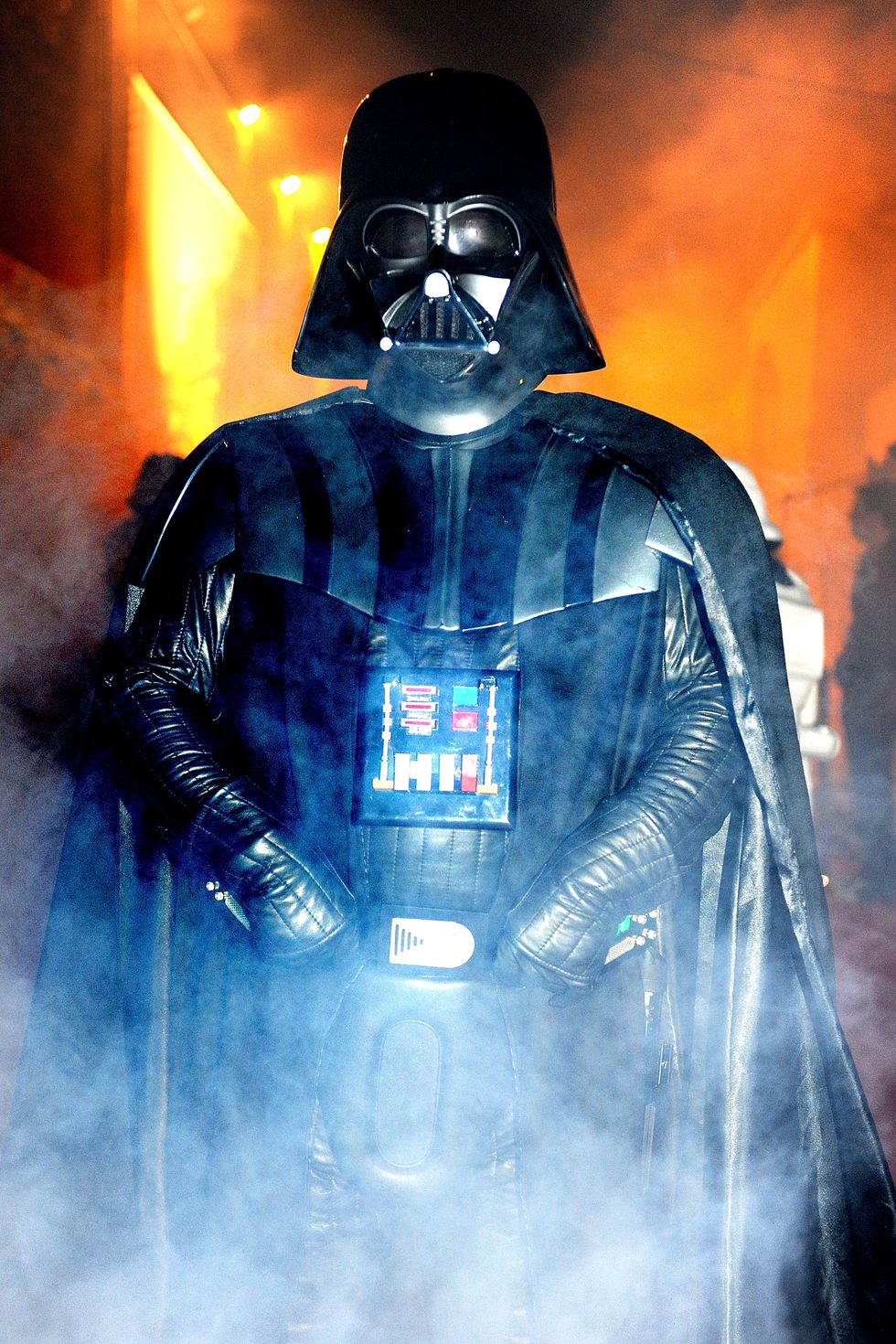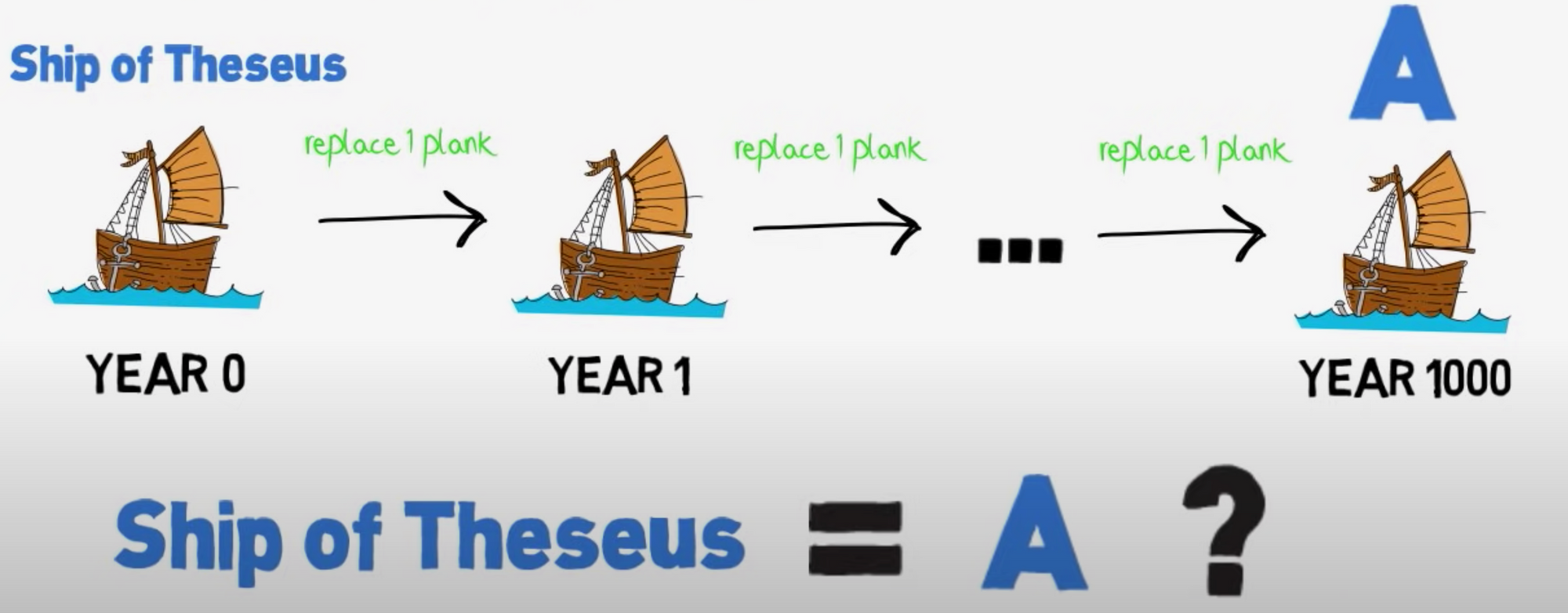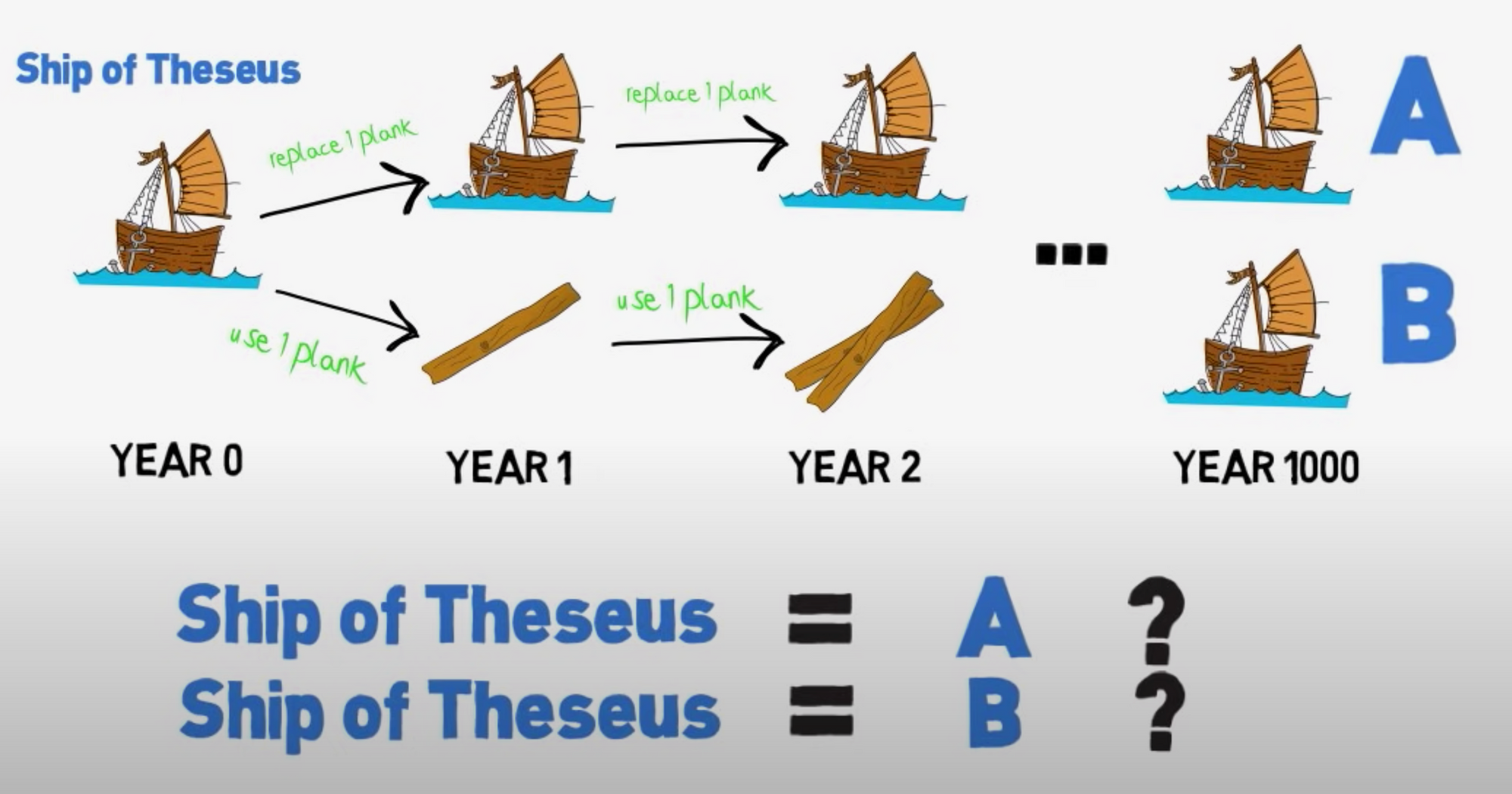Cool Concepts are back! I came across some concepts that twisted my mind and made me think. Without further ado, let's get into them.
The Mandela Effect
The Mandela Effect is a type of false memory that occurs when many people incorrectly remember the same thing. Do you remember Nelson Mandela dying in prison in the 1980s? It turns out it's false. After serving in prison for 27 years, he became the President of South Africa from 1994-1999, and he passed away in 2013. Most of us remember Nelson Mandela as a historical figure, but he was alive till 2013.
The term was coined by writer and researcher Fiona Broome in 2009. When she attended a conference, she recalled that Mandela died in prison in the 1980s. Many people remembered the historical fact in the same way as her. But later, she realized that he was still alive.
Examples
Coming out of the shock of the faulty memory of Mandela's death, I was blown away when I saw a post with the most common examples of the Mandela Effect.






Potential Causes of the Mandela Effect
Those were some famous examples. However, the Mandela Effect is prevalent in our lives too. We are prone to incorrectly remembering something that happened in our lives. Here are some potential causes of the Mandela Effect.
False Memories — False memories are inaccurate and distorted recollections of an event. False memories closely resemble actual events, and human memory is highly suggestible. It means that the information from another person, a person's desire to believe something different, or false information can influence one's memory.
Confabulation — Confabulation is a type of false memory that a person instantly generates on the spot to fill a gap in memory. Confabulation is a neurological symptom where the individuals are not intentionally deceptive, but they believe in these false memories that fill in the gaps in real ones.
Priming — In psychology, priming describes a phenomenon in which exposure to a stimulus directly influences a person's response to a subsequent stimulus. For example, if a person reads or hears the word "grass," they will recognize another related word, such as "tree" or "lawnmower," more quickly than an unrelated word.
Alternate realities or parallel universes — Now, this is interesting. Fiona Broome describes the Mandela Effect as the things that never happened in this reality, suggesting that the Mandela Effect happens when our reality interacts with other realities. Unfortunately, this explanation lacks scientific evidence and could be tied to other theories like String Theory, which postulates the existence of higher dimensions and parallel universes. While mathematical modeling supports string theory and the notion of multiple universes, both remain controversial.
How to recognize false memories
The challenge with false memories is that it is very close to real memories. False memories don't divert enough to be recognized as false. A person may be confident in the memory and spontaneously generate details to support it. Without external evidence of their falseness, it is hard to distinguish them. However, one can improve on detecting false memories:
- Refer to reliable sources like Encyclopedias, pictures from the past, news articles, scientific evidence, etc.
- Consider the possibility that you may have this memory because others have it.
- Seek factual evidence if the memory is suspicious, potentially harmful, or tense.
Ship of Theseus
Ship of Theseus is a thought experiment and a paradox that has been an argument for centuries. It has baffled the minds of many philosophers and has multiple layers to it with many possible solutions. If that's the case with philosophers, it only gets more baffling for the rest of us without philosophical backgrounds. The Ship of Theseus paradox makes us question identity as a concept. This thought experiment is from the story of Theseus, a young prince of Athens from Greek Mythology. Let's focus on his ship, leaving the story for another day.
Scenario 1 — Assume a simple ship made of 1000 wooden planks. Let's say you replace a plank in the ship when it rots. Eventually, all the planks are replaced with a new plank at the rate of one plank a year. At the end of 1000 years, the ship will have no planks from the original ship. Is this new ship still considered the ship of Theseus? If not, when did it stop being the Ship of Theseus?

The Big Question
This paradox was first postulated by Plutarch, a biographer, and philosopher from the 1st century AD, in his thesis, the Life of Theseus. Plutarch used an example of Theseus' ship, but the concept applies to all objects and living beings. If, over time, each component of an object is replaced, is the object still the same? If not, when does it cease to be itself? Extending the concept to humans, there is enough scientific evidence that all cells in our body are replaced every seven years. Does this mean we turn into a whole new person every seven years? If not, what does it mean to identify as the same person if all our cells are replaced every seven years? What constitutes an identity (of a person or an object)?
The Greek Philosopher Heraclitus argued that all things move and nothing remains still. He said that nothing retains identity and that identity is fluid. If we consider this, neither ship from scenario 1 is the Ship of Theseus. However, some theorists argue that there's a difference between humans and objects that makes all the difference — humans have memories, but objects don't. Memories make the connection through time between our current and past selves, thus binding our identity. So, is identity tied to memory, body, neither, or both?
The Transitivity Twist
As if the argument wasn't complex enough, an English philosopher called Thomas Hobbs added further to the mix, bringing us to problem statement 2.
Scenario 2 — In addition to scenario 1, let's assume that someone stored the discarded planks of the original ship of Theseus, removed the rot, and started reconstructing the ship. At the end of 1000 years, there will be two ships – one with replaced planks and one with original planks. Which one is the Ship of Theseus now? The one with the replaced planks? Or the one with the used planks?

This leads us to the theory of transitivity, which states that if A = C and B = C, then A = B. By this concept, if C is the original ship of Theseus on the left, then all three ships are the ships of Theseus and have the same identity. It is impossible since they are three different ships and can't be the same ship. This, again, reinforces the fluidity and duality of identity. The Hobbs' version of the Ship of Theseus is still discussed in the philosophical community.
The WandaVision Explanation
The television series WandaVision extends the Hobbs' version of the Ship of Theseus to further exploration. Vision's character is a syntheziod — he has a material body with a mind created from AI. Like the Ship of Theseus, Vision loses his body, but his memories live on in a replica body. Later, the components of the original Vision are put together, and a new character called White Vision is created.
Now, Vision contains only the memories but not the body, while White Vision contains all parts of the body and is equally intelligent but not the memories. Which one is the real Vision? White Vision replies with a great answer with the twist of transitivity: Neither is the true ship; both are the true ship. Of course, this leads us to a paradox. Vision proposes an interesting theory at this point.
"Perhaps the rot is the memories. The wear and tear of the voyages. The wood touched by Theseus himself."
Connecting it with humans, perhaps the rot from the original ship due to which the planks were replaced in the first place is equivalent to the memories of us humans? This now argues that perhaps neither is the original ship of Theseus because the original exists only in the memory of Theseus and the people who encountered the very first ship.
Final Thoughts
The Mandela Effect and the Ship of Theseus paradox inevitably tell us that our memory and identity are fragile by nature. All of us have a sense of identity. However, what if the memories that constitute our identity are weak because of the Mandela Effect? How fluid is our identity? Which one is the original ship of Theseus? Something to think about. Thanks for reading! Peace out.
References
- https://www.medicalnewstoday.com/articles/mandela-effect
- https://www.verywellmind.com/what-is-the-mandela-effect-4589394
- https://www.livescience.com/what-is-mandela-effect
- https://health.clevelandclinic.org/mandela-effect/
- https://www.healthline.com/health/mental-health/mandela-effect
- https://www.goodhousekeeping.com/life/entertainment/g28438966/mandela-effect-examples/
- https://www.youtube.com/watch?v=dYAoiLhOuao&ab_channel=WirelessPhilosophy
- https://en.wikipedia.org/wiki/Ship_of_Theseus
- https://www.philosophy-foundation.org/enquiries/view/the-ship-of-theseus
- https://www.thecollector.com/the-ship-of-theseus/
- https://www.utne.com/mind-and-body/ship-of-theseus-identity-ze0z1311zjhar/



